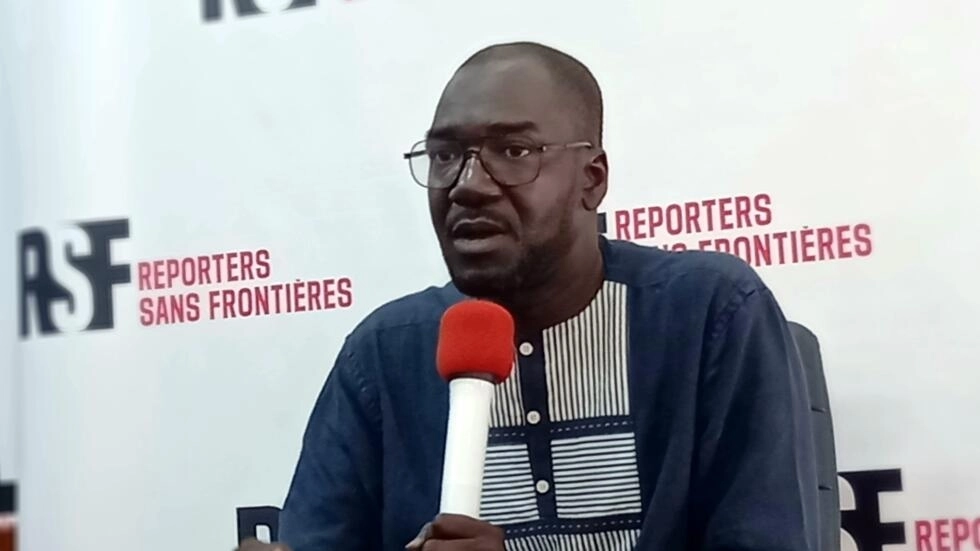Reporters Without Borders (RSF) has presented proposals to the new President of the Republic of Senegal, Bassirou Diomaye Faye, aimed at enhancing the management of the media in the country. The director of RSF’s sub-Saharan executive office, Sadibou Marong, expressed hope that President Faye would implement the proposals outlined in his program book to advance press freedom in Senegal.
During his presidential campaign, Bassirou Diomaye Faye pledged to eliminate prison sentences for press offenses, a key recommendation from RSF to uphold the right to information in Senegal. RSF, under Mr. Marong’s leadership, calls on President Faye to honor this promise and usher in a new era for the media in Senegal.
Given the numerous attacks on press freedom in recent years, including arrests, attacks on journalists, suspensions of media outlets, and internet shutdowns, RSF emphasizes the need for the new authorities to prioritize journalist safety and propose a robust policy to uphold press freedom. RSF recommends ten key measures, including the regulation of digital platforms in line with the International Partnership on Information and Democracy, of which Senegal is a signatory, and the elimination of excessive fines for press crimes.
The Director of RSF’s Sub-Saharan Africa office stated, “Press freedom has been seriously undermined in recent years in Senegal. The country must reconnect with its tradition as a model in this area. We call on the new President of the Republic to keep this commitment and to pursue an ambitious policy to make his mandate one of respected press freedom and protected right to information.”
The situation for journalists in Senegal has been challenging, with numerous attacks and arrests. RSF highlights that between 2021 and 2023, more than a dozen journalists were attacked during demonstrations, particularly following the arrest of opposition figure Ousmane Sonko, now Prime Minister. The situation worsened in early 2024 during the pre-election period, with at least 20 journalists attacked by the police during demonstrations on February 9. Journalists, including Pape Alé Niang from the DakarMatin news site, have been detained multiple times. Additionally, television channels such as SenTV and WalfTV have experienced signal cuts.
RSF hopes that the new regime will address these challenges and work towards improving the situation for journalists and the media in Senegal, so the country can regain its rightful place in the World Press Freedom Index, where it currently ranks 104th.










